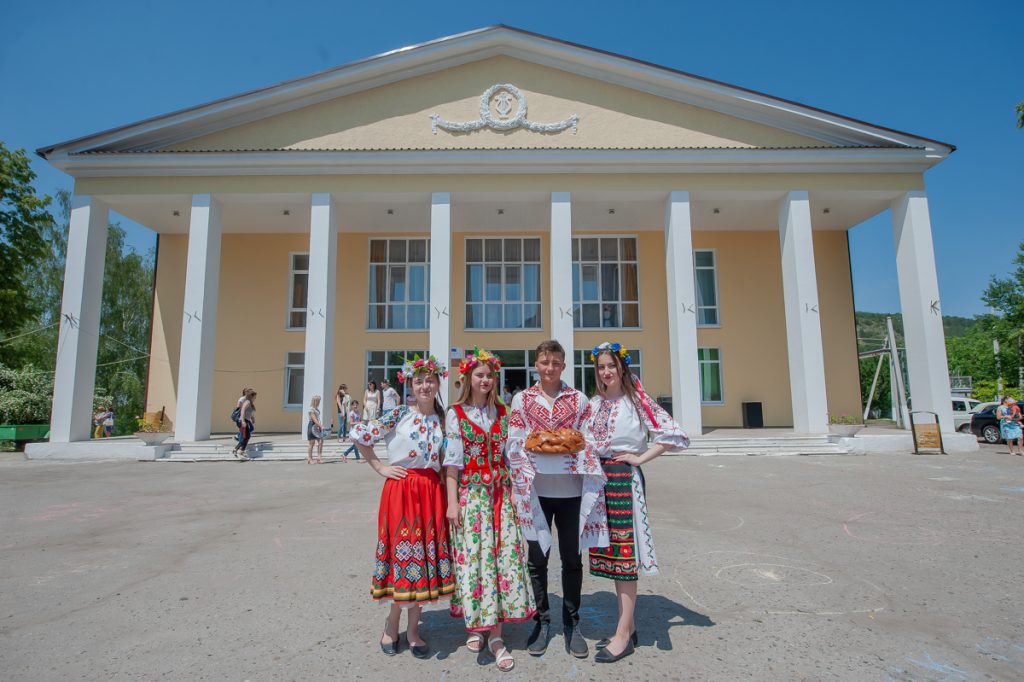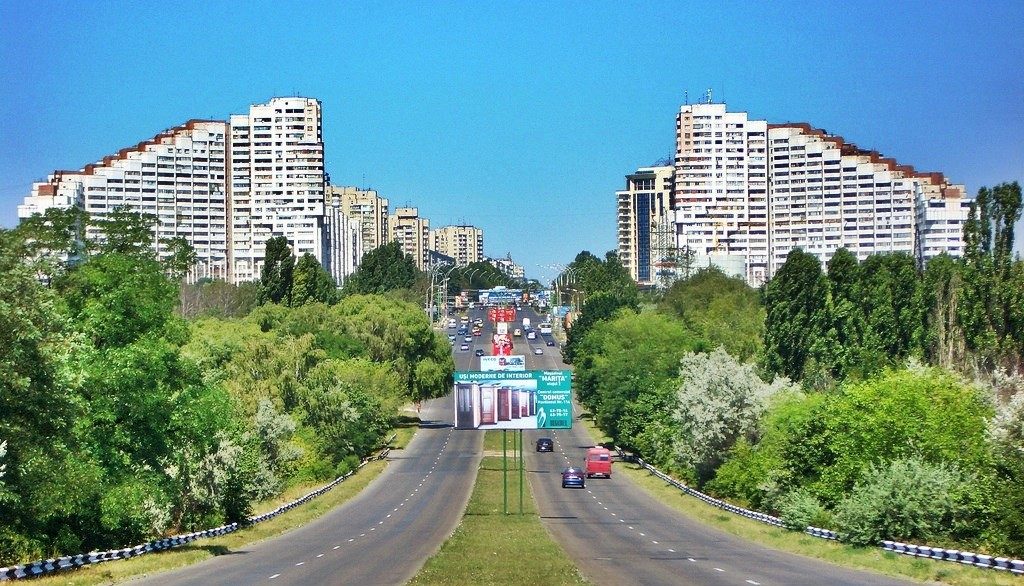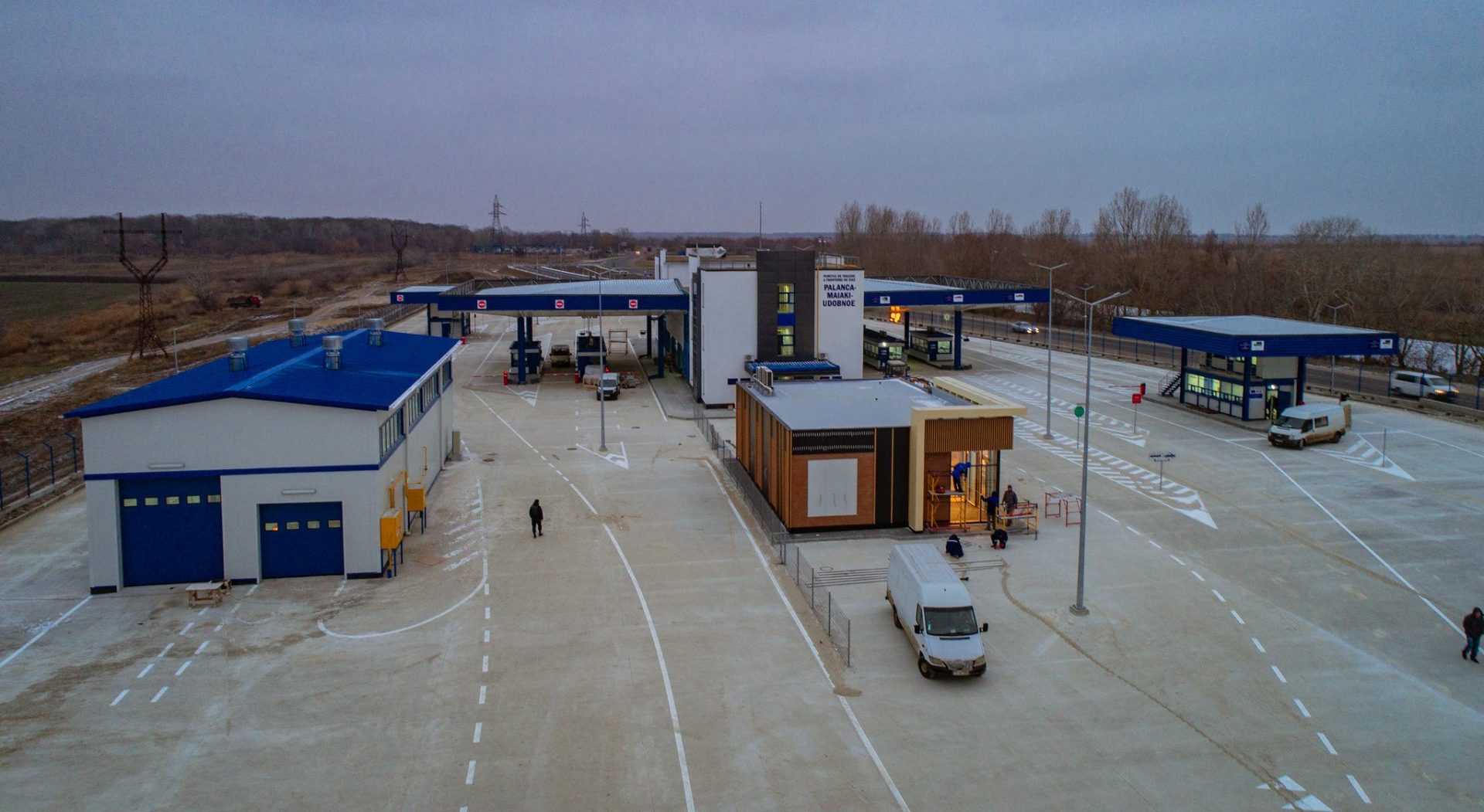The Ministry of Finance of the Slovak Republic launched its work in Moldova pursuant to the Memorandum of Cooperation signed by the Ministers of Finance of the two countries in 2011. Since then, the Public Finance for Development programme has been implemented in Moldova.
FOCUS OF ACTIVITIES: Development activities in Moldova focus on improving public finance management. The cooperation focuses on strengthening capacity in budgetary and fiscal policy. Technical assistance is provided in line with Moldova’s national reform plans reaching with an overlay into public finance management, and in line with the development goals of the Slovak Republic within good governance and civil society development.
I. Budget Reform and Programme-Based Budgeting
Moldova set an objective to improve budgetary and fiscal policy to achieve efficiency, transparency and accountability in public financial resource usage. Improving of a local public finances system and ensuring the financial autonomy of local self-governments were, among other things, an integral part of national reform strategies and programs in the period from 2009 to 2013. Following these activities, the Ministry of Finance of Moldova adopted the concept of program-based budgeting, which is also grounded in law. Consequently, since 2014, public institutions are obliged to prepare a draft medium-term budgetary framework and report on budget expenditures, including results achieved by programmes a particular institution.
In the Public Finance for Development Programme framework, the Ministry of Finance of Moldova has received government-wide support with the performance-linked programme-based budgeting implementation. The programme provided Moldova with technical assistance in preparation and setting up of the programme-based budgeting.

II. Capacity building in the implementation of the public expenditure review
In 2017 – 2021, the International Monetary Fund (IMF) implemented technical assistance programme in Moldova, with the aim to:
a) Strengthen institutions for the introduction of a regular public spending review;
b) Address the fiscal risks of state-owned enterprises, local governments, expenditures and growing external debt;
c) Address the implementation of structural reforms.
Under this programme, the Ministry of Finance of the Slovak Republic and UNDP worked with the IMF to strengthen the capacity of budget analysts and implement the spending reviews, based on knowledge of Moldovan budgetary practice (Slovakia has been working with Moldovan budgeters on their reform and programme budgeting since 2011), as well as budgeting and spending reviews. In the years 2018 – 2021, Slovak experts significantly contributed to the preparation of the first revision reports at the Ministry of Education, Culture and Research and at the Ministry of Agriculture, Regional Development and the Environment.

III. Strengthening Moldova’s capacity to prepare national financial and budgetary framework for the implementation of national development strategy of Moldova
The aim of the project is to comprehensively assess financial flows intended to achieve Moldova’s development priorities and to propose recommendations for the development of an integrated national financial framework. The analysis of financial flows are carried out primarily through the application of the Development Finance Evaluation Methodology, and also through the spending reviews methodology and the already established programme budgeting.

IV. Strengthening institutional capacity of the Congress of Local Authorities from Moldova in public finance management at the local level
The aim of the initiative, implemented in 2015 – 2017, was to strengthen the capacities of the Congress of Local Authorities from Moldova (CALM) in local government financial management, through sharing experience with the Association of Slovak Towns and Communities (ZMOS). The activities were to improve consulting services for local governments in public finance, and the advocacy interests and needs of the municipalities in the implementation of budget reform by the Ministry of Finance of Moldova.



